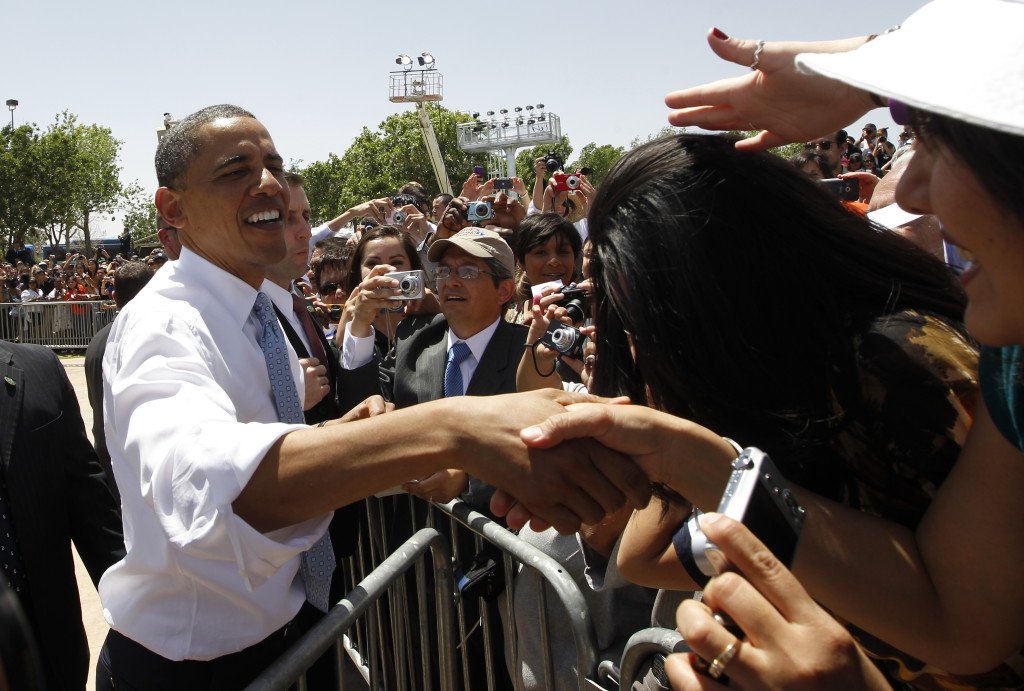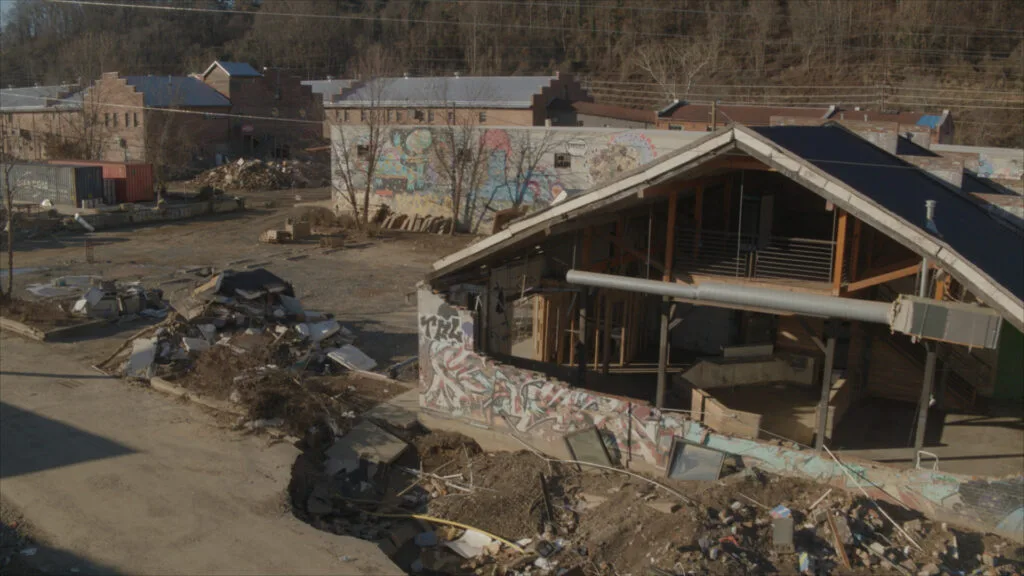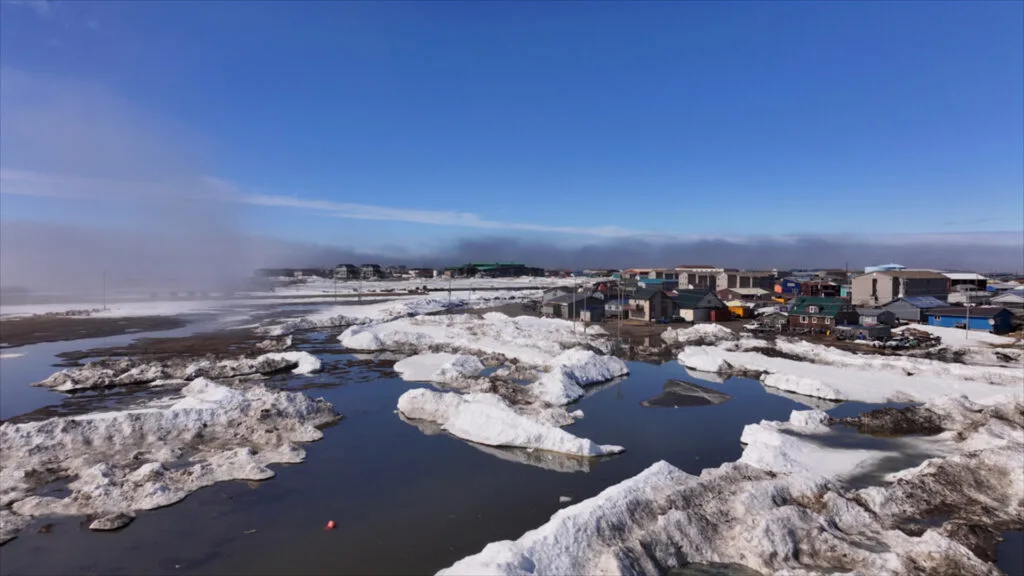Will Latino Voters Turn Their Back on Obama?

October 13, 2011
Share
Tonight, President Barack Obama’s 2012 campaign strategist David Axelrod will attend a $250-a-person campaign event in Phoenix, Ariz. Sen. John McCain won the state in 2008, but Latinos now make up nearly 30 percent of Arizona voters, and Democrats are optimistic that recent redistricting efforts may play out in the president’s favor.
But Obama’s approval rating among Latinos has been sinking: Only 48 percent believe the president is doing a good job, down from a high of 82 percent in the late winter/early spring of 2009. In comparison, 67 percent of Latino voters gave Obama the nod during the 2008 election.
Obama’s problem stems from a promise he made during the 2008 campaign that he didn’t — or couldn’t — keep: comprehensive immigration reform during his first year in office. Despite attempts to address the issue — a blueprint and recent speech on reform, public pressure on Congress to fix “a fundamentally broken system” and a legal challenge to Alabama’s tough new immigration law — the Spanish-language media hasn’t let the president forget what it sees as his betrayal.
Latino voters are also alienated by the record number of illegal immigrants deported during the administration — about 1 million total, with new record numbers of deportations expected to be announced shortly for 2011.
And their ire is directed at one program in particular — Secure Communities, a post-9/11 program that uses computer technology and local law enforcement to identify illegal immigrants who have committed serious crimes, in many cases deporting them.
Critics of the program, including three state governors, say that in reality it’s leading to illegal immigrants being picked up for minor infractions, sowing fear among communities and breaking up families. And while the administration has released guidelines for discretion [PDF] and said they’ll review about 300,000 pending cases, they’ve made it clear that the program isn’t going away anytime soon.
“About a quarter of Latino voters know somebody personally who has been deported over the last several years,” University of New Mexico political science professor Gabriel Sanchez told NPR. “That is very difficult to overcome with a change in policy this late in the game.”
But political analyst Victoria DeFrancesco Soto, a visiting scholar at the University of Texas, told NPR that, while immigration issues are important, they’re not the only areas Latino voters are concerned about: “[The economy and education] are issues that really affect the bulk of Latinos in a more day-to-day fashion than does immigration.” She posits these are areas Obama can emphasize with Latino voters, although it’s not entirely clear the administration is making strides on these issues either.
What’s left, it seems, is a choice many Latino voters will have to make: vote Republican (which is unlikely, given candidates’ hard line on immigration); vote for Obama, despite their disappointment; or stay home from the polls altogether.
Photo: President Barack Obama greets audience members after he speaks about immigration reform at Chamizal National Memorial Park in El Paso, Texas, as he visits the U.S.-Mexico border, Tuesday, May 10, 2011. (AP Photo/Charles Dharapak)
Related Documentaries
Latest Documentaries
Related Stories
Related Stories
Policies
Teacher Center
Funding for FRONTLINE is provided through the support of PBS viewers and by the Corporation for Public Broadcasting. Additional funding is provided by the Abrams Foundation; Park Foundation; the John D. and Catherine T. MacArthur Foundation; and the FRONTLINE Journalism Fund with major support from Jon and Jo Ann Hagler on behalf of the Jon L. Hagler Foundation, and additional support from Koo and Patricia Yuen. FRONTLINE is a registered trademark of WGBH Educational Foundation. Web Site Copyright ©1995-2025 WGBH Educational Foundation. PBS is a 501(c)(3) not-for-profit organization.



















